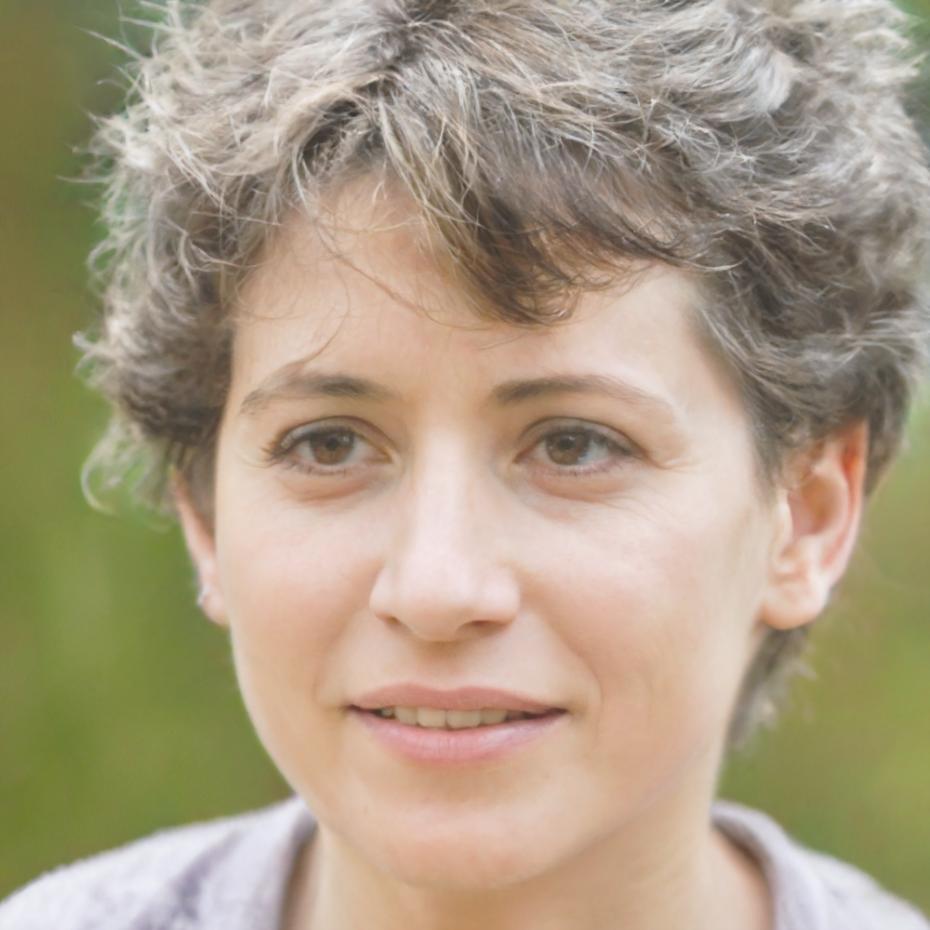Building Better Money Habits Through Real Practice
Six-month intensive starting September 2025
Look, we're not promising you'll become a financial wizard overnight. That would be ridiculous. What we can say is this: most people who finish our program find they're making decisions they feel good about. And that's usually because they've had time to actually practice instead of just reading theory.
Register Your Interest
How We Got Here
Started in 2019 with one simple idea—people need practice, not just lectures
The Beginning (2019)
Three former financial advisors got tired of watching clients make the same mistakes over and over. We figured there had to be a better way to teach this stuff. So we rented a small office in Richmond and invited twelve people to try something experimental—budgeting workshops with actual money scenarios.
Finding Our Rhythm (2021)
By 2021 we'd run through about eighty participants and started seeing patterns. People weren't failing because they didn't understand concepts—they were failing because life got messy and they didn't have support systems. That's when we shifted to longer programs with ongoing check-ins. Made all the difference.
Where We're Headed (2025)
This year we're launching our most comprehensive program yet. Six months of hands-on work, with cohorts starting in September and February. We've learned a lot about what actually helps people change their financial behavior—and what's just noise. Our focus now is making those lessons stick.
Who's Actually Teaching This
We're not a massive organization. Just a small team of people who've spent years working with real budgets, real debt, and real financial stress. Between us we've got backgrounds in banking, financial planning, and behavioral psychology—which sounds fancy but really just means we've seen a lot of people try to change money habits.
Here's two of our core instructors who'll be running the September 2025 cohort.

Oliver Ramsden
Lead Instructor, Behavioral Finance
Spent twelve years as a financial planner before burning out completely. The thing that frustrated me most? Clients would nod along in meetings, agree to everything, then do none of it. Turns out knowing what to do and actually doing it are completely different problems. Now I focus on the second part.

Fiona Sutherland
Program Coordinator, Practical Application
My background's in organizational psychology, which meant I spent years watching people try to change habits in corporate settings. Money habits aren't that different, honestly. Most of what we teach here comes from trial and error with past cohorts—figuring out what actually helps versus what just sounds good in theory.

What Actually Happens in Six Months
First Two Months
We spend a lot of time on awareness. Sounds basic, but most people have no idea where their money goes. You'll track everything—and I mean everything—for eight weeks. It's annoying. People complain. But it works because you can't change what you can't see.
Middle Phase
This is where things get interesting. You'll start making actual changes based on what you learned. Small stuff first—maybe you realize you're spending two hundred bucks a month on food delivery. We'll help you figure out if that's a problem or not, and if it is, what might work instead. No judgment, just practical adjustments.
Final Stretch
The last two months are about building systems that outlive the program. We've found that's what separates people who keep improving from people who slide back. You'll leave with routines, backup plans for when life gets chaotic, and a support network of people who understand the struggle.
Results vary wildly because everyone starts from different places. Some people leave with emergency funds for the first time. Others finally tackle debt they've been carrying for years. A few just feel less anxious about money, which matters more than any specific number.